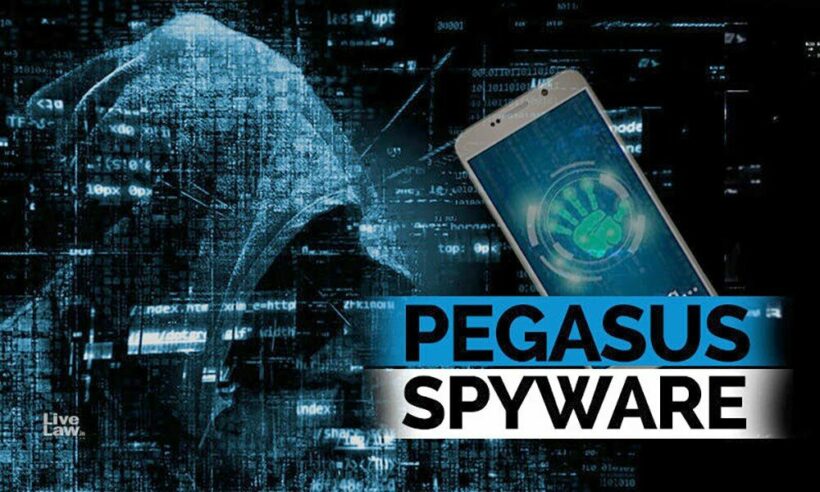Pegasus spyware found on phones of activists in Thailand

A new report has revealed that dozens of Thai democracy activists were targeted by an Israeli spyware programme called Pegasus during the height of intense anti-government protests over the past two years.
The joint report, by the Thai NGO iLaw, Digital Reach, and The Citizen Lab, claims that the phones of 30 activists, academics, lawyers, and NGO workers, mostly connected to civil rights organisations, were affected spanning 2020 and 2021.
The findings originated from notifications sent by Apple to Thai activists that they had been targeted with the spyware in November 2021. Amnesty International’s Security Lab independently confirmed five of the cases in the report through forensic analysis.

Etienne Maynier, Technologist at Amnesty International, said…
“We can now officially add Thailand to the growing list of countries where people peacefully calling for change, expressing an opinion, or discussing government policies may trigger invasive surveillance with a profound toll on an individual’s freedom of expression, privacy, and sense of security.
“It is worth remembering that this is only what has been found so far, and the scale of surveillance attempts could be bigger and more damaging.”
The report makes it known that Pegasus spyware was found on the phones of leading Thai protest organizers, including Arnon Nampa, Benja Apan, and Panusaya Sithijirawattanakul, also known as Rung.
“Instead of listening and engaging with these protesters, academics, and human rights defenders, intrusive surveillance has been used to harass, intimidate, and target them in an attempt to break their spirit and create a society-wide chilling effect. These new revelations are a shocking example of just how low authorities might stoop to control peaceful dissent.”
NSO Group, the company behind Pegasus, claims that it only sells products to government intelligence and law enforcement agencies.
Amnesty states that countries have obligations under international law to not only respect human rights but to protect them from abuse by third parties, including private companies. The UK-based NGO also called on Thailand to launch an independent investigation into the use of Pegasus spyware and take necessary measures to foster a safe environment for civic engagement.
“Such measures must include the amendments of legislation enabling state surveillance, including the Computer Crimes Act, the Cybersecurity Act, and the National Intelligence Act in line with international human rights law, as well as implementing safeguards to protect the right to privacy and freedom of expression, association, and peaceful assembly.”
The Pegasus Project was a collaboration by journalists from 17 media organizations in 10 countries, coordinated by Forbidden Stories. Amnesty International’s Security Lab used digital forensic tests and research methodologies to confirm evidence of targeting scores of phones around the world.
In the last year, the Security Lab uncovered new instances of targeting using Pegasus in Morocco-Western Sahara and Poland. In addition, the Security Lab independently confirmed numerous additional cases where Pegasus was still being used to unlawfully target people, including cases in El Salvador, Israel/Occupied Palestinian Territories, Poland, and Spain.
SOURCE: Amnesty.org
Latest Thailand News
Follow The Thaiger on Google News:


























